Asia quietly rewrites how climate finance is organized
On October 3, 2025, the Net Zero Banking Alliance (NZBA), which once represented more than 140 banks and $70 trillion in assets, announced its demise. No ceremony, no press release, just a short message to end four years of “voluntarism” in climate finance.
The NZBA was once the moral compass of the global financial system. But the withdrawal of major US banks such as JPMorgan, Citigroup, Bank of America and Wells Fargo has brought the cartel to its knees. That event marked the inevitable shift from “trust” to “system” – where climate responsibility no longer depends on will, but on data infrastructure and technical standards.
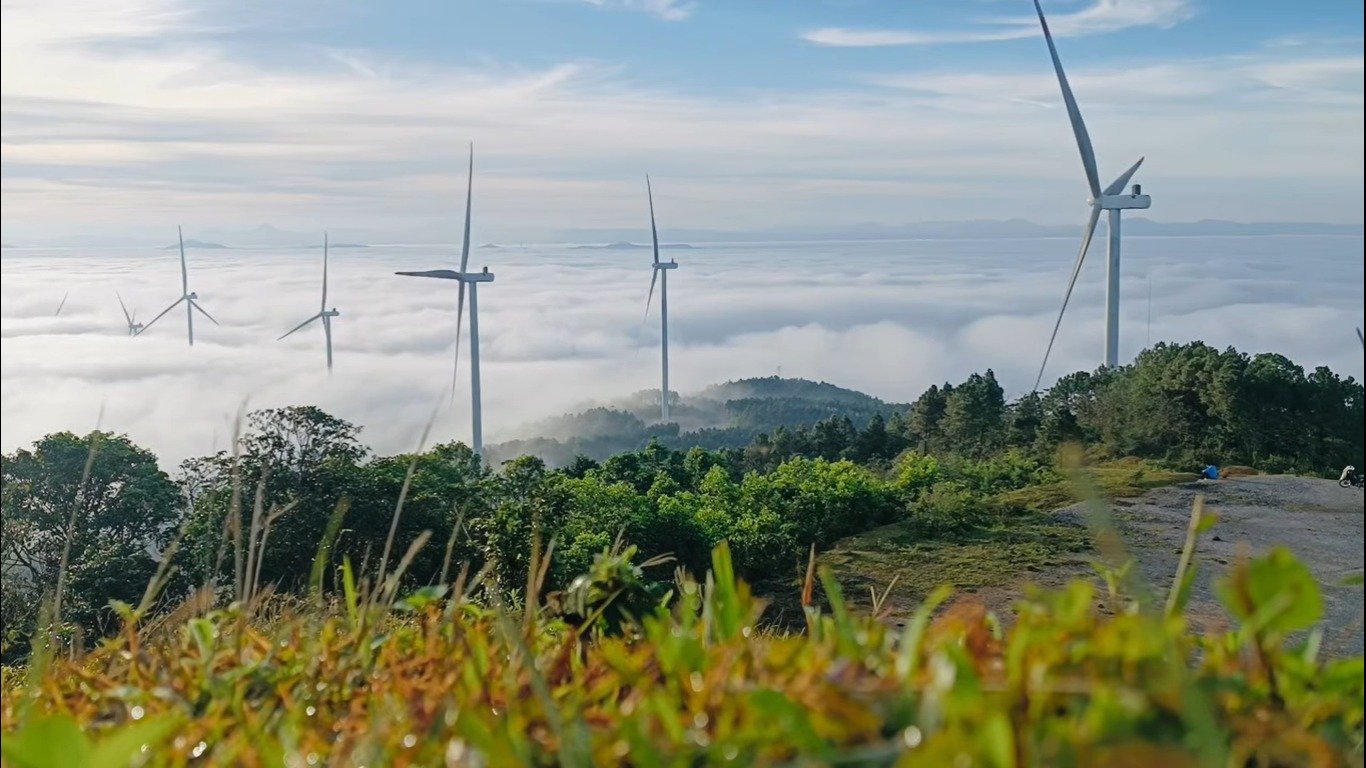
Image of wind turbines rising in the clouds in Khe Sanh, Quang Tri . Photo: Thao Lan .
While the West is busy with political debate, Asia is quietly rewriting the way climate finance is organized not with promises, but with data infrastructure.
In Singapore, from FY2025, the Monetary Authority of Singapore (MAS) and the Singapore Exchange (SGX) will require listed companies to disclose climate data according to the ISSB standard, with emissions verified and board accountability. Singapore sees climate disclosure as a data infrastructure that will help authenticate capital flows to low-carbon assets.
In Japan, the Financial Services Agency (FSA) and the Bank of Japan (BoJ) have jointly simulated climate risks for major banks, assessing the impact of transition shocks such as rising carbon prices. The results are being used to design a new stress-testing framework that moves climate from a “peripheral factor” to one of the key elements of monetary supervision.
In Korea, the Bank of Korea integrates climate risks into macroeconomic analysis, considering the impact of carbon policies and prices on growth and inflation – viewing climate as a macroeconomic challenge rather than just an environmental issue.
ASEAN develops the ASEAN Taxonomy - a "common language" for Southeast Asian countries when evaluating green projects, linked to EU and ISSB standards to avoid "double translation" when mobilizing international capital.
Vietnam emerges with new regional climate data and policies
Amidst this wave, Vietnam emerged with new regional climate data and policies. In just four years, Vietnam has built a significant legal and institutional foundation for green finance, including:
The National Strategy on Green Growth for the 2021-2030 period, with a vision to 2050, requires all ministries and sectors, including the State Bank, to integrate green growth targets into sectoral development plans.
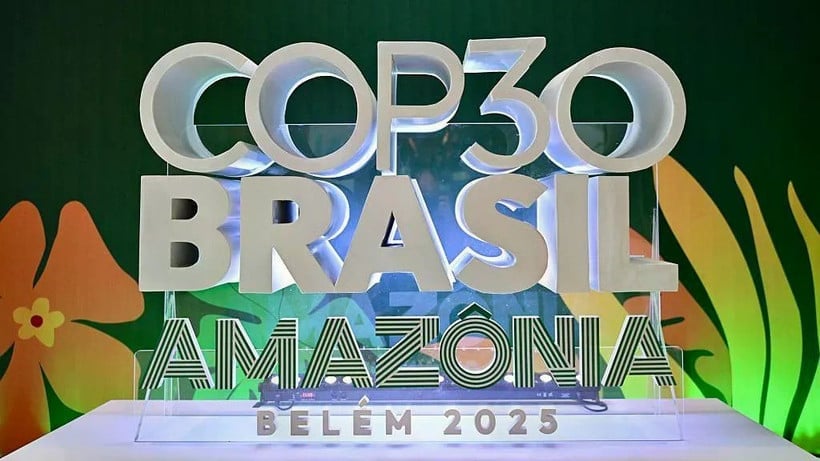
The 30th Conference of the Parties to the United Nations Framework Convention on Climate Change (COP30) officially kicked off with the Climate Summit of Heads of State, taking place on November 6 and 7 in Belém, Brazil. Photo: Linh Nguyen .
The State Bank issued Circular 17/2022 requiring environmental and social risk assessment in credit granting and launched the Environmental and Social Risk Management System (ESMS) Handbook in 2025.
The Government issued Decision No. 21/2025/QD-TTg of the Prime Minister stipulating environmental criteria and confirmation of investment projects in the green classification list.
Commercial banks in Vietnam have been taking practical actions. BIDV issued green and sustainable bonds worth more than 200 million USD with technical support from the World Bank in the period 2023 - 2024.
HD Bank launched the Sustainable Finance Framework with the support of the International Finance Corporation (IFC), rated “very good” by Moody's.
VP Bank issues $300 million international sustainable bonds - the first deal of the Vietnamese private banking sector, with $200 million investment capital from the International Finance Corporation (IFC) (2025).
These steps show that Vietnam has moved from “voluntary” to “standardized and independently verified” – a prerequisite for accessing global climate capital.
Pioneering agricultural enterprises enter the green financial orbit
One of the typical examples is Phuc Sinh Group - a pioneering agricultural enterprise entering the green financial orbit.
As one of the leading exporters of coffee, pepper and agricultural products in Vietnam, Phuc Sinh Group is becoming a typical example of how the private sector transforms ESG criteria into global competitiveness.
In 2024 and 2025, Phuc Sinh Group will receive technical and financial support of up to more than 40 million USD from Green Fund, FMO (Dutch Development Bank) and DFCD (Dutch Fund for Climate and Development).
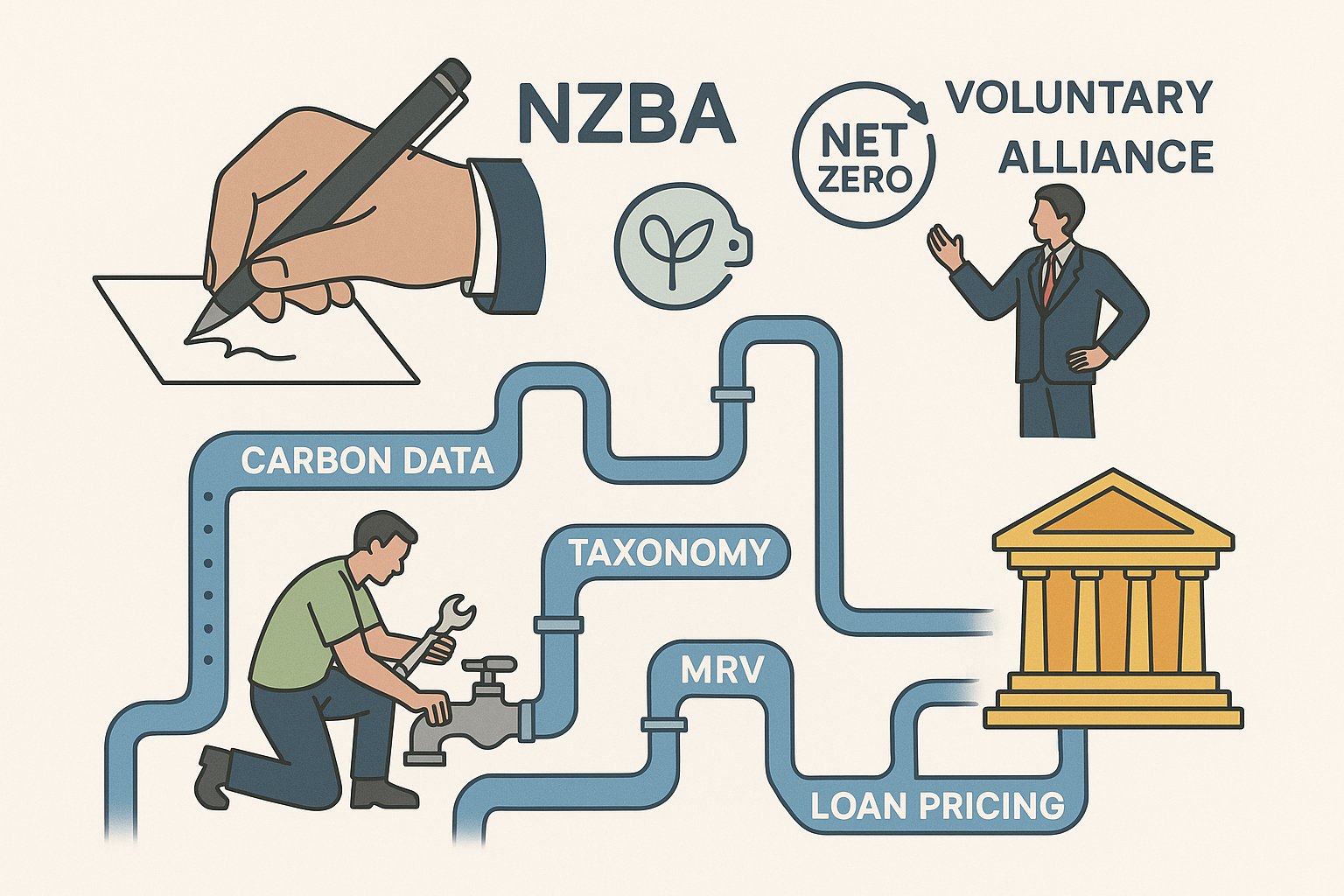
After the Net Zero Banking Alliance (NZBA) announced its closure, carbon data became the new guarantor of financial credibility. Photo: LN .
This capital will help the company build a deforestation-free (NDPE-compliant) supply chain and a real-time traceability system for thousands of farming households in the Central Highlands and Son La provinces, aiming for certification in accordance with Europe's EUDR regulations.
From a climate finance perspective, this is a pioneering model in Vietnam - where green capital not only reduces emissions but also reduces credit risk, through demonstrating emissions data and the ability to expand sustainable growing areas. Phuc Sinh is also cooperating with international organizations on digital transformation and carbon credits in agriculture, aiming to link with the national Measurement, Reporting and Verification (MRV) system and the European EUDR standard.
These efforts show that green finance can absolutely flow into agricultural export industries - where Vietnamese businesses can position themselves in the global value chain through independently verified emissions data and growing areas.
Vietnam is testing green credits linked to soil carbon data.
After NZBA, carbon data has become the new guarantee of financial credibility. In Asian countries, sustainability-linked loans now include a pricing element based on measured and verified carbon performance.
For example, if a company reduces emissions faster than planned, its capital costs can be reduced accordingly. When data is transparent, the cost of capital can be reduced. In Vietnam, even the agricultural sector, which accounts for nearly 30% of national emissions, is experimenting with green credits linked to soil carbon data, especially in coffee and pepper growing areas.
Vietnam is piloting a MRV System for the carbon market 2025 - 2028, according to Decree 06/2022/ND-CP. Thanks to data interoperability, banks in Vietnam can report their renewable energy projects in a format accepted by international financial institutions such as IFC or EIB, reducing risks and lowering the cost of capital.
At the same time, the Japan-Vietnam Joint Crediting Mechanism (JCM) allows Vietnamese enterprises' carbon credits to be recognized in the Japanese system - a cross-national data interconnection model, in line with the global direction of Article 6 of the Paris Agreement that COP30 taking place in November in Brazil will discuss.
In the process of moving towards net zero emissions, Vietnam is gradually proving that green finance is not only a trend but also a foundation to ensure a strong, transparent economy capable of deep integration into the global climate finance system.
Source: https://nongnghiepmoitruong.vn/tai-chinh-xanh-chay-vao-cac-nganh-hang-nong-nghiep-xuat-khau-d783031.html







![[Photo] Cutting hills to make way for people to travel on route 14E that suffered landslides](https://vphoto.vietnam.vn/thumb/1200x675/vietnam/resource/IMAGE/2025/11/08/1762599969318_ndo_br_thiet-ke-chua-co-ten-2025-11-08t154639923-png.webp)
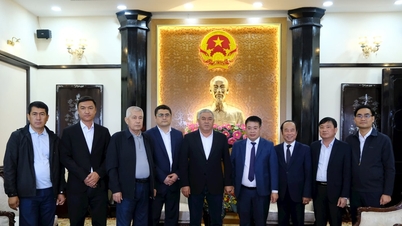



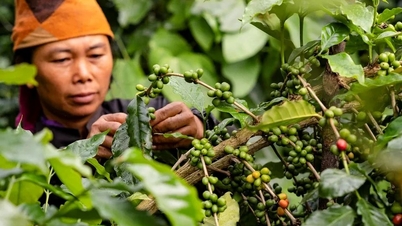





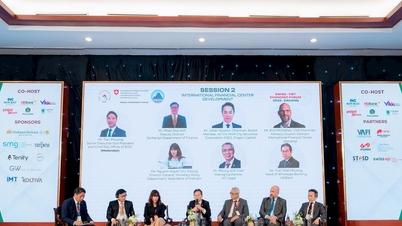




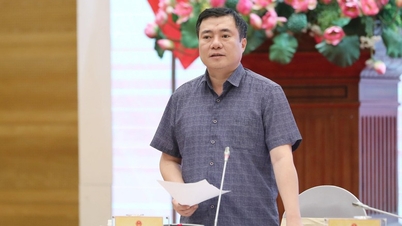
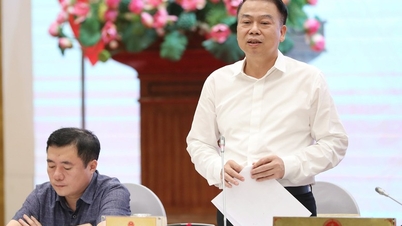

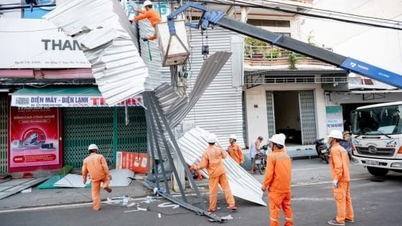






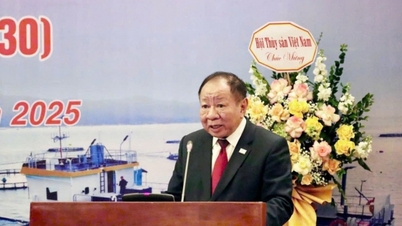


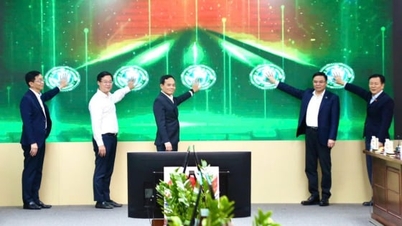
![[Photo] "Ship graveyard" on Xuan Dai Bay](https://vphoto.vietnam.vn/thumb/1200x675/vietnam/resource/IMAGE/2025/11/08/1762577162805_ndo_br_tb5-jpg.webp)







![[Video] Hue Monuments reopen to welcome visitors](https://vphoto.vietnam.vn/thumb/402x226/vietnam/resource/IMAGE/2025/11/05/1762301089171_dung01-05-43-09still013-jpg.webp)































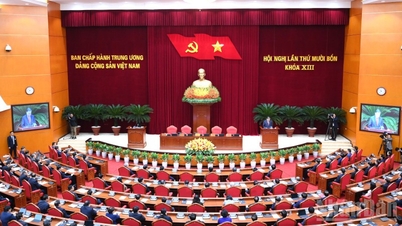



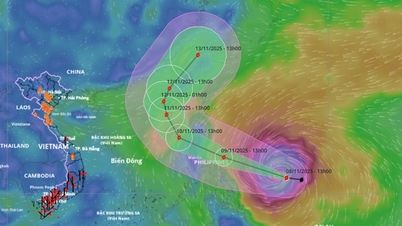






























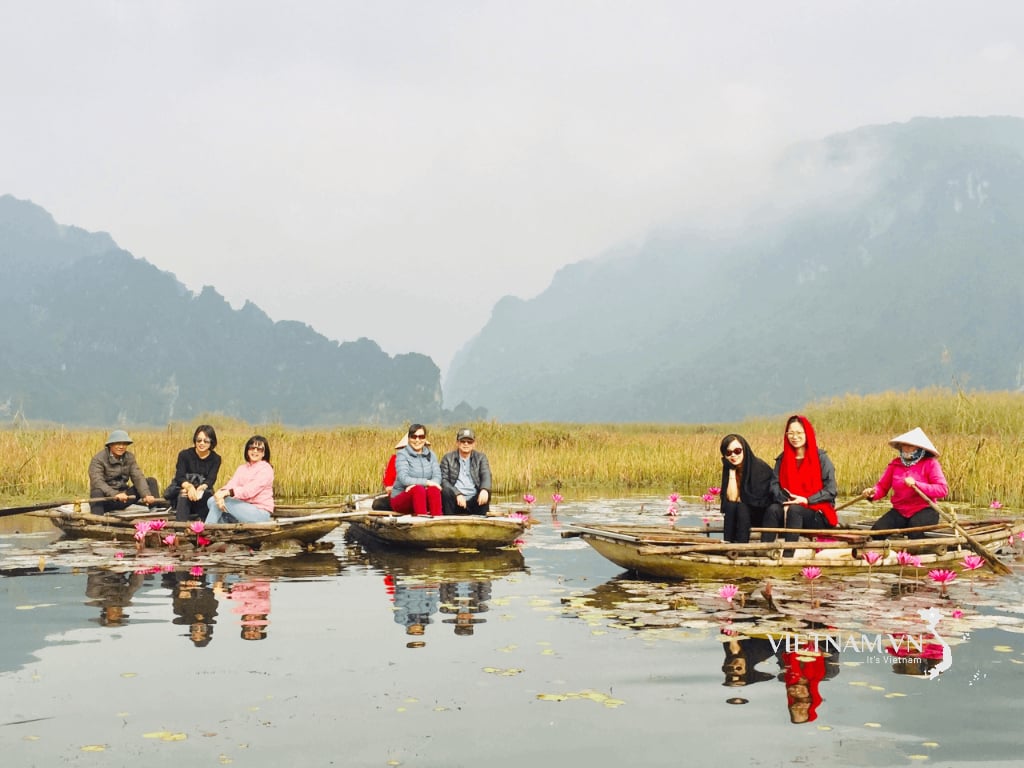



Comment (0)